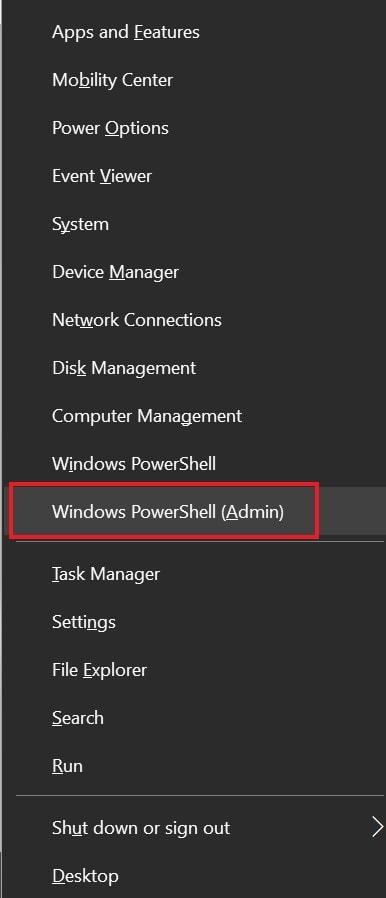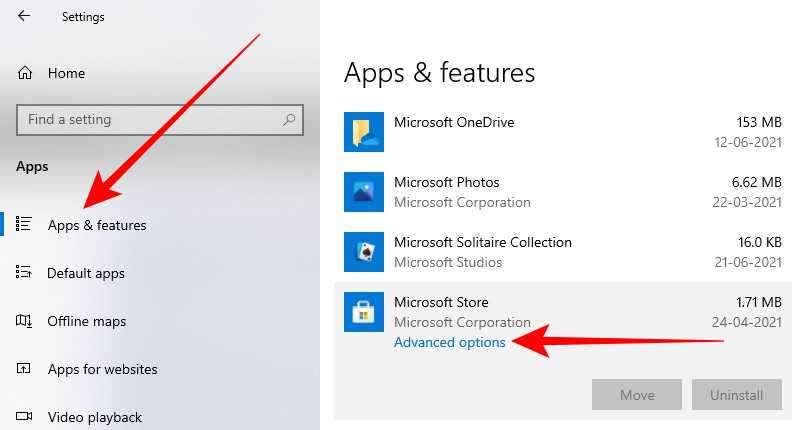

Please note that by reinstalling all default apps that ship with Windows 10, you might lose data stored in apps and their settings too. How to Reinstall all default apps at once through PowerShell? Further, replace “ C” with the drive letter where Windows 10 is installed.įor instance, my command will be the following:- Add-AppxPackage -register "C:\Program Files\WindowsApps\Microsoft.WindowsStore_12104.1001.1.0_圆4_8wekyb3d8bbwe\appxmanifest.xml" -DisableDevelopmentMode In the above command, replace with the package name of the Windows Store or any other app you copied in Step 3.

Step 4. Finally, execute the following command in the PowerShell prompt:- Add-AppxPackage -register "C:\Program Files\WindowsApps\PackageCodeName\appxmanifest.xml" -DisableDevelopmentMode To copy a package name, select the PackageFullName and press Ctrl + C to copy. If you want to reinstall any other app, find its entry and copy its PackageFullName. Step 3. Scroll down to see the Microsoft Store app entry and copy the PackageFullName. Step 2. In the Windows PowerShell prompt, type the following command and press Enter key from the keyboard: Get-Appxpackage –Allusers Right-click on the PowerShell entry and then select the Run as administrator option. To launch the PowerShell, click on the Start button and type PowerShell. To reinstall individual apps using PowerShell, do these steps:. How to Reinstall individual apps using PowerShell? Once you perform the above steps, the Microsoft Store app will be reinstalled, and its settings will be reset to their default.

Please scroll down to see the Reset button and click on it to perform the reset. Scroll down on the right side pane, and click on Microsoft Store entry. In the Settings app that opens, click the Apps category. To reinstall Store apps using Windows 10 Settings, do these steps:. The below-mentioned method will work on Windows 10 version 1803 and above only. Reinstalling all default apps at once through PowerShell How to Reinstall the Store app via Settings?.Reinstall individual apps using PowerShell.



 0 kommentar(er)
0 kommentar(er)
